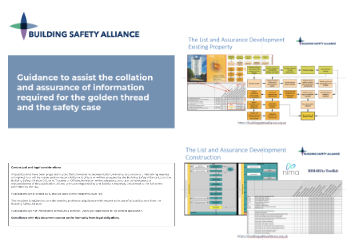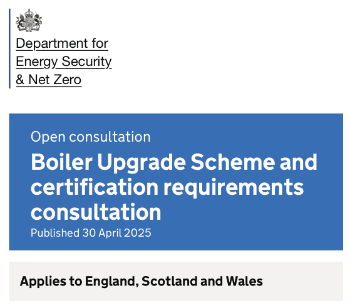The use of email in contract negotiations
Contents |
[edit] Introduction
Recent case law has, once again, revealed the dangers of protracted email correspondence creating an unintended contractual relationship between two parties.
Email is ubiquitous and is used increasingly as a means to convey 'pre-contract' requirements and terms between parties who envisage entering into a formal contractual relationship. However, unless care is taken it is possible for a contract to be formed between the parties based upon that email correspondence.
In law, a contract does not need to be signed for it to be enforceable. A contract can be verbal. Even where a contract does need to be signed, it does not necessarily mean signature with a pen. And the word 'signature' has been sufficiently widely interpreted to include e-mail names or even nicknames.
In modern email practice, where the use of the 'reply' or 'reply to all' options is common, users can find themselves in a situation where a long chain of correspondence is created that can be construed as forming the basis of a binding contract. This is amply demonstrated by the case of Golden Ocean Group v Salgoacar Mining Industries (2012), briefly described below:
[edit] The case
The Court of Appeal considered whether a chain of emails constituted an agreement ‘in writing’ between the parties, Golden Ocean Group (GOG) the owners of a vessel that it offered to hire to a subsidiary of Salgaocar Mining Industries (SMI) who would act as guarantor of their subsidiary.
Negotiations were mostly conducted by email. The purported guarantee was not discussed in any depth, but was referred to in the description of the charterer. But the final emails exchanged on behalf of the parties made no reference to SMI’s guarantee and no formal document was drawn up.
Shortly before the vessel was due to be delivered, SMI’s subsidiary denied the existence of a charter and said it was unable to proceed. GOG sought to bring proceedings against SMI as the guarantor. SMI contended the guarantee was unenforceable because it was not in writing and not signed by the guarantor.
The court disagreed and held the requirements necessary for a contract of guarantee had been satisfied. It found an exchange of emails could constitute an agreement in writing provided the transacting parties intended to be bound by it. The lack of a signature was not a barrier.
[edit] Preventative Measures
Conducting negotiations by email may expose a party to the possibility of unintentionally entering into an agreement. Parties should make it clear when negotiating in writing that they only intend to be contractually bound when a formal contract is drawn up and executed in a specified form. In the meantime all email should be marked 'subject to contract'. Even this is not foolproof but it should provide a measure of protection in the majority of cases.
It is also wise to avoid long strings of email correspondence.
[edit] Related articles on Designing Buildings Wiki
- Alternative dispute resolution.
- Contract.
- Contract claims.
- Causes of construction disputes.
- Email overload.
- Writing technique.
[edit] External references
- See the decision in full Golden Ocean Group v Salgoacar Mining Industries.
Featured articles and news
Mixed reactions to apprenticeship and skills reform 2025
A 'welcome shift' for some and a 'backwards step' for others.
Licensing construction in the UK
As the latest report and proposal to licence builders reaches Parliament.
Building Safety Alliance golden thread guidance
Extensive excel checklist of information with guidance document freely accessible.
Fair Payment Code and other payment initiatives
For fair and late payments, need to work together to add value.
Pre-planning delivery programmes and delay penalties
Proposed for housebuilders in government reform: Speeding Up Build Out.
High street health: converting a building for healthcare uses
The benefits of health centres acting as new anchor sites in the high street.
The Remarkable Pinwill Sisters: from ‘lady woodcarvers’ to professionals. Book review.
Skills gap and investment returns on apprenticeships
ECA welcomes new reports from JTL Training and The Electrotechnical Skills Partnership.
Committee report criticises UK retrofit schemes
CIOB responds to UK’s Energy Security and Net Zero Committee report.
Design and construction industry podcasts
Professional development, practice, the pandemic, platforms and podcasts. Have we missed anything?
C20 Society; Buildings at Risk List 2025
10 more buildings published with updates on the past decade of buildings featured.
Boiler Upgrade Scheme and certifications consultation
Summary of government consultation, closing 11 June 2025.
Deputy editor of AT, Tim Fraser, discusses the newly formed society with its current chair, Chris Halligan MCIAT.
Barratt Lo-E passivhaus standard homes planned enmasse
With an initial 728 Lo-E homes across two sites and many more planned for the future.
Government urged to uphold Warm Homes commitment
ECA and industry bodies write to Government concerning its 13.2 billion Warm Homes manifesto commitment.
From project managers to rising stars, sustainability pioneers and more.
Places of Worship in Britain and Ireland, 1929-1990. Book review.























